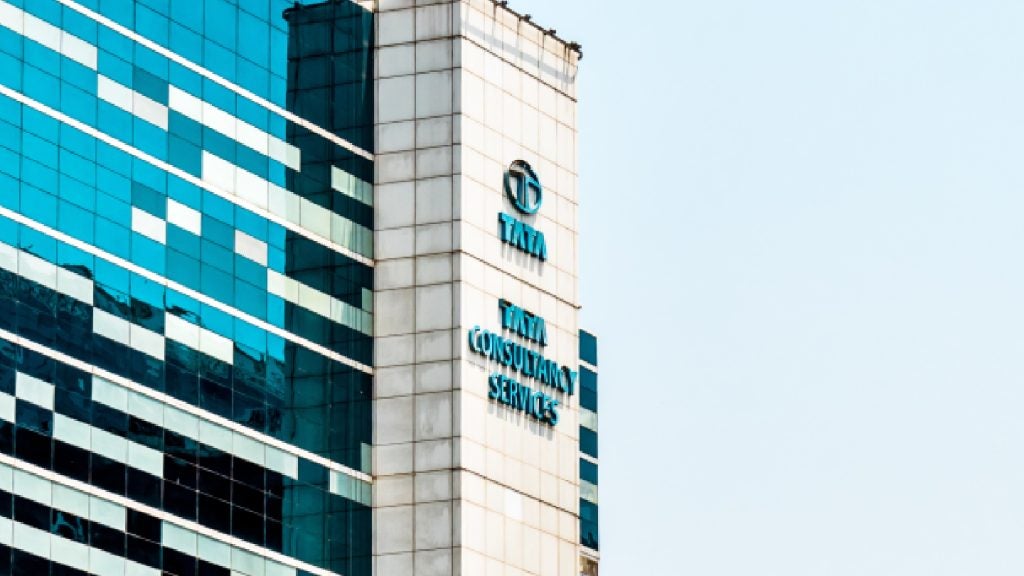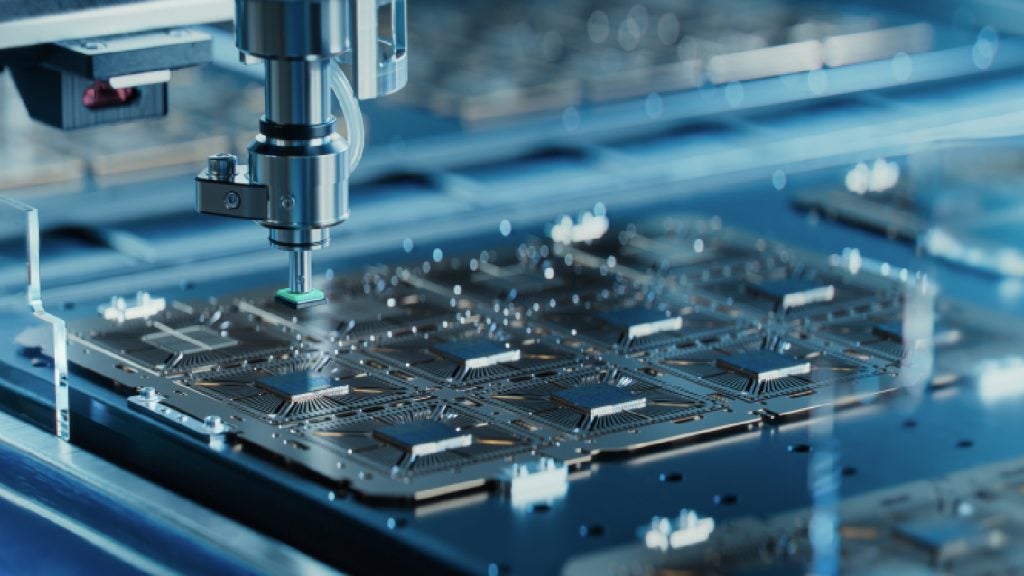UiPath had 14 patents in artificial intelligence during Q2 2024. UiPath Inc’s patents in Q2 2024 focus on enhancing robotic process automation (RPA) through process evolution, workflow optimization, task mining, and intelligent workflow design. These patents involve utilizing artificial intelligence (AI) for planning and implementing RPA, extracting features from screen images for task mining, recommending activities for RPA workflows, clustering user tasks into steps, and allocating computing environments for RPA workloads. The goal is to improve the efficiency and effectiveness of RPA implementations for businesses. GlobalData’s report on UiPath gives a 360-degree view of the company including its patenting strategy. Buy the report here.

Access deeper industry intelligence
Experience unmatched clarity with a single platform that combines unique data, AI, and human expertise.
UiPath had no grants in artificial intelligence as a theme in Q2 2024.
Recent Patents
Application: Process evolution for robotic process automation and workflow micro-optimization (Patent ID: US20240208049A1)
The patent filed by UiPath Inc. discloses a method for process evolution in robotic process automation (RPA) by scientifically planning RPA implementations using artificial intelligence (AI) and embedded analytics to measure and align RPA operations with business outcomes. The RPA workflows are optimized through the deployment of AI skills, such as machine learning (ML) models, to improve the effectiveness of RPA iteratively. The implementation of RPA is based on estimated return on investment (ROI) and involves activities like collecting and analyzing data, identifying new processes for automation, and prioritizing activities in RPA workflows based on performance criteria.
The patent further details a computer-implemented method and a computing system for RPA workflow micro-optimization. The method involves performing analytics on data associated with RPA implementations, generating RPA workflows based on analytics, and automatically identifying new processes for potential automation using ML models. The computing system includes memory storing computer program instructions and a processor to analyze and prioritize activities in RPA workflows based on performance criteria, modify workflows by adding or deleting activities, run RPA robots based on the modified workflows, and test the robots for goal achievement and performance improvement. The system can revert to the original workflow if goals are not met or deploy the robot if goals are achieved, thereby enhancing the efficiency of RPA operations.
To know more about GlobalData’s detailed insights on UiPath, buy the report here.
Data Insights
From

The gold standard of business intelligence.
Blending expert knowledge with cutting-edge technology, GlobalData’s unrivalled proprietary data will enable you to decode what’s happening in your market. You can make better informed decisions and gain a future-proof advantage over your competitors.







